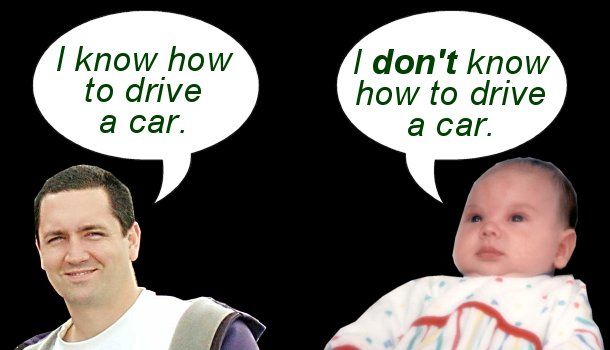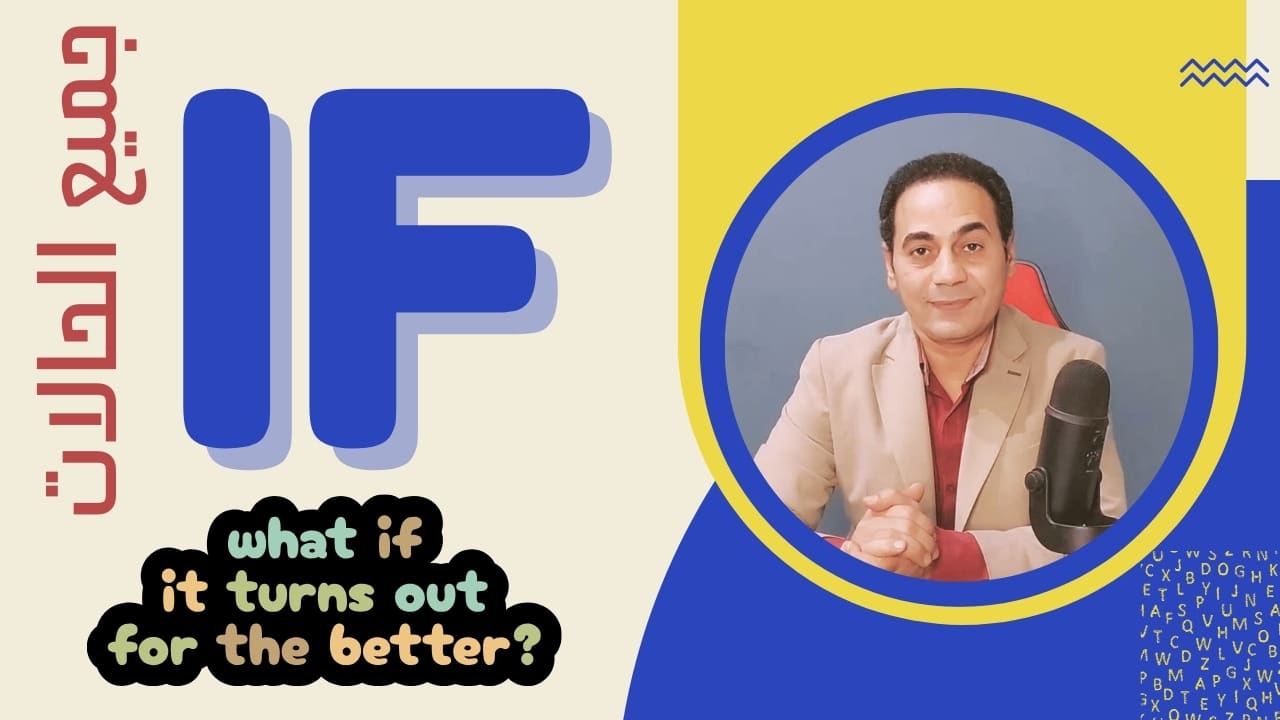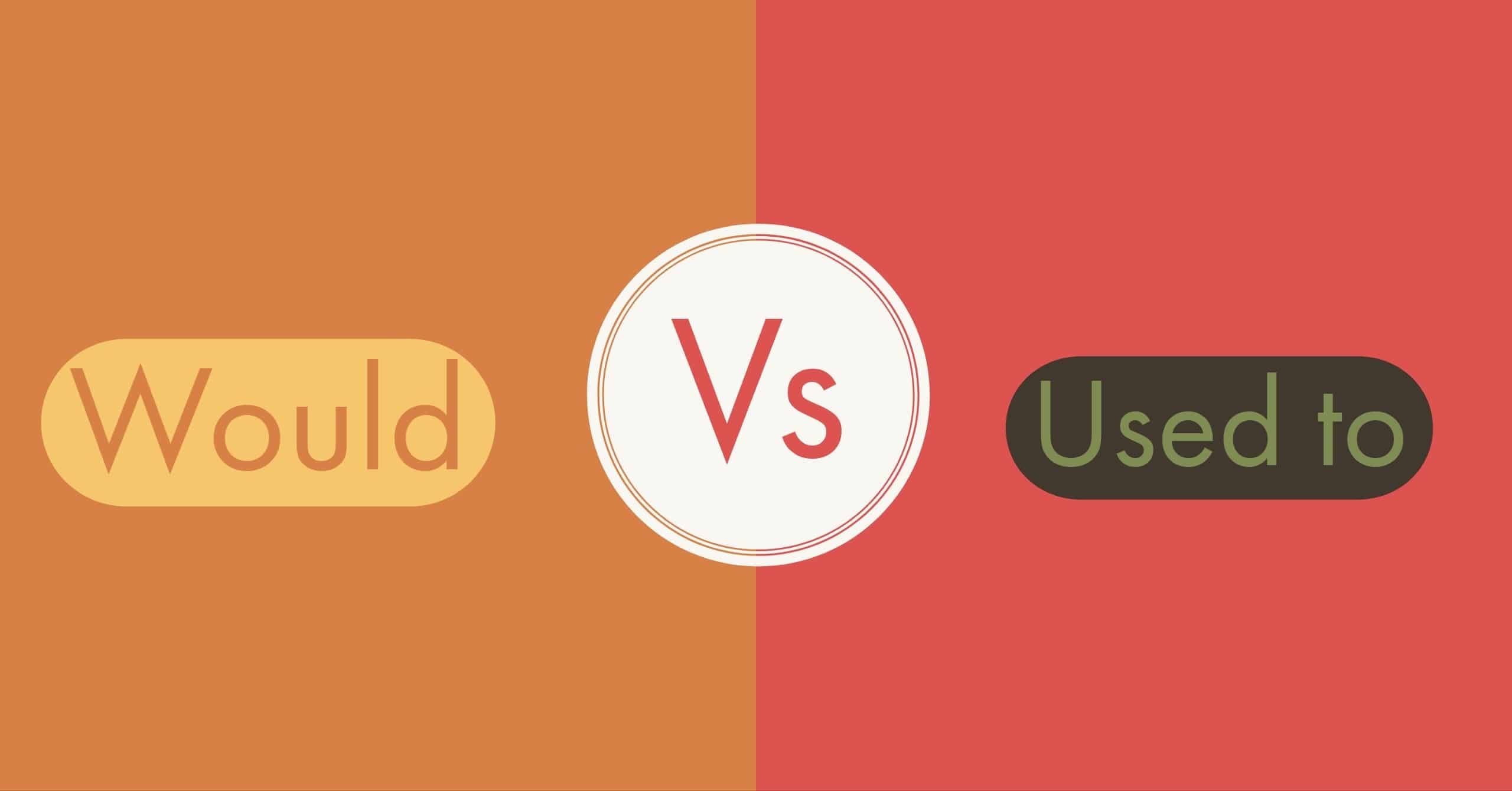شرح النفي في اللغة الإنجليزية Negation in English
مرحباً بكم مع الدرس التاسع عشر من دروس قواعد الإنجليزية: النفي Negation في اللغة الإنجليزية
أولاً: نفي الأفعال المساعدة والأفعال الرئيسية والصيغ المختلفة:
She must obey the instructions. She must not obey the instructions.
He will visit you tomorrow.
He will not visit you tomorrow.
نلاحظ من المثالين السابقين أنه عند النفي نضع not بعد الفعل المساعد. والأفعال المساعدة هي:
1- فعل (to be) مثل am, is , are, was , were
2- فعل (to have) مثل have, has, had
3- فعل (to do) مثل do, does, did
وإذا لم يوجد فعل مساعد فنأتي بفعل مساعد مناسب من (verb to do) ثم نضع بعده not مثل:
He speaks English very well.
He does not speak English very well.
They practice sports when they have free time.
They do not practice sports when they have free time.
أو
They do not practice sports even if they have free time.
She lost her bag.
She did not lose her bag.
ملاحظات هامة على نفي الجملة التالية:
He gave her some books.
فيمكننا النفي بقول:
He gave her no books.
أو
He did not give her any books.
لاحظ أن some عند النفي تتحول إلى no أو ……. any
كذلك نفي مشتقات some مثل:
Somewhere, something, somebody, someone….
يكون كما يلي:
He found her somewhere.
He found her nowhere.
He did not find her anywhere.
لاحظ أن نفي someday هو never
Both Aly and his sister are clever.
Neither Aly nor his sister is clever.
Either your brakes or your eyesight is at fault.
Neither your brakes nor your eyesight is at fault.
- لاحظ أن نفي both…….. and و either……. or هو neither…….. nor
- مع both…….. and يأتي فعل جمع
- مع either……. or أو neither…….. nor يتبع الفعل الفاعل الثاني (أقرب فاعل)
- مع either أو neither فقط يأتي فعل مفرد مثل:
Neither of your friends is present.
Neither of you is a clever boy.
Neither of them is a brave man.
نفي already هو yet مثل:
Adel has already done his homework.
Adel has not done his homework yet.
نفي also أو too هو either مثل:
He scored another goal also (too).
He did not score a goal either.
نفي and so أو too هو and neither أو neither أو nor مثل:
He plays well and so do I.
He does not play well and neither do I.
أو
He does not play well, neither do I.
أو
He does not play well, nor do I.
نفي and هو or مثل:
He went to the club and played tennis.
He did not go to the club or play tennis.
أو
He went to the cinema and she stayed at home.
He did not go to the cinema and she did not stay at home.
ملحوظة:
إذا كان هناك فاعلان مختلفان فتبقى and كما هي في النفي.
نفي as …………..as هو as …………..as أو so …………..as مثل:
He is as tall as Aly.
He is not as tall as Aly.
أو
He is not as tall as Aly.
نفي would rather هو would rather not مثل:
I would rather leave now.
I would rather not leave now.
نفي had better هو had better not مثل:
I had better spend all summer in Alexandria.
I had better not spend all summer in Alexandria.
نفي every هو no أو not every مثل:
Everyone attended the party.
No one attended the party.
أو
Not everyone attended the party.
نفي each هو no أو not each مثل:
Each one has completed his/her role in life.
No one has completed his/her role in life.
أو
Not each one has completed his/her role in life.
نفي all هو not all أو none of مثل:
All the pupils have done their homework in full.
Not all the pupils have done their homework in full.
أو
None of the pupils has done his/her homework in full.
لاحظ أن none of يليها فعل مفرد كما هو واضح في الجملة السابقة.
نفي have to هو have not to أو do not have to مثل:
They have to leave now.
They have not to leave now.
أو
They do not have to leave now.
نفي has to هو has not to أو does not have to مثل:
She has to leave now.
She has not to leave now.
أو
She does not have to leave now.
نفي had to هو had not to أو did not have to مثل:
They had to leave yesterday.
They had not to leave yesterday.
أو
They did not have to leave yesterday.
نفي always هو never مثل:
He always plays tennis.
He never plays tennis.
نفي usually هو never مثل:
I usually go to school on foot.
I never go to school on foot.
نفي sometimes هو never مثل:
Sometimes she plays tennis in her leisure time.
She never plays tennis in her leisure time.
نفي used to هو used not to أو did not use to مثل:
He used to travel to Hurghada in vacations.
He used not to travel to Hurghada in vacations.
أو
He did not use to travel to Hurghada in vacations.
ثانياً: نفي السؤال:
Did you see Aly?
Did you not see Aly?
Didn’t you see Aly?
Is he coming now?
Is he not coming now?
Isn’t he coming now?
عند نفي السؤال نضع “not” إما بعد الفاعل أو قبله وإذا أتت قبله فيجب أن نستخدم إحدى الصيغ المختصرة التالية:
is not → isn’t
do not → don’t
does not → doesn’t
ونلاحظ في الصيغ المختصرة السابقة إضافة (n’t) إلى الفعل المساعد ما عدا:
will not → won’t
shall not → shan’t
can not → can’t
ثالثاً: نفي الأمر:
Obey your boss.
Don’t obey your boss.
Go out.
Don’t go out.
You go first and I will follow you.
Don’t go first and I won’t follow you.
Sleep long time.
Don’t sleep long time.
عند نفي الأمر نضع ” Don’t” قبل المصدر
أحياناً تستخدم do not وليس don’t عندما يتم التأكيد على عدم فعل شيء ما أو التحذير أو التهديد أو الوعيد.








the mall has a swimming pool (question)
ممكن الحل
لقد مر معي سابقا وكثيرا انه لايمكن نفي have to كما قلت have not to
وانما ننفيها باستخدام do
Don’t have to
أرجو التوضيح مع الشكر
ايضا هناك neither و either…هل فعلا لايأتي بعدهما الا صيغة مفرد؟؟؟ايضا none؟
معلومات في غاية الأهمية عن كل ما يخص اللعة الأنجليزية لتعلمها بالشكل الصحيح جزاكم الله الف خير
thank you very much for the explication
جزاكم الله خيرا
شرح وافي وجميل يعطيك العافية